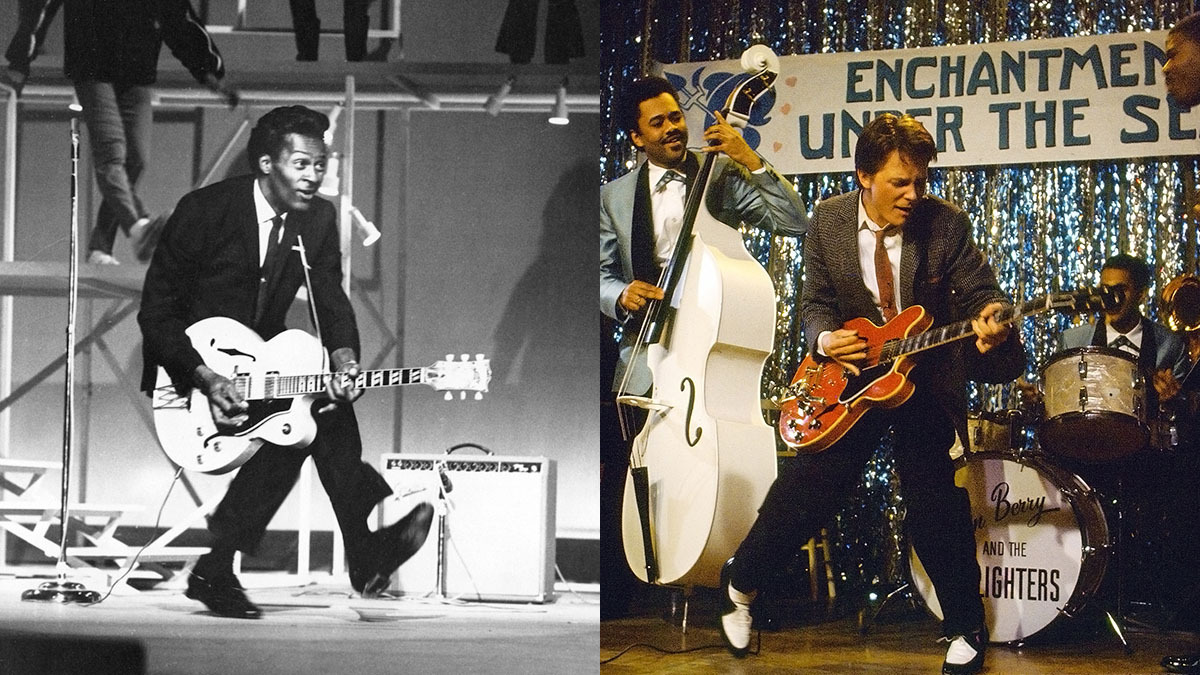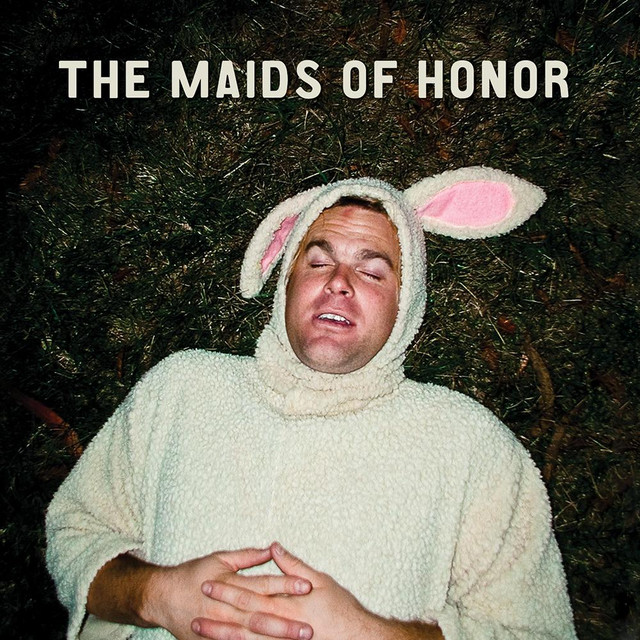

Was brought in for Ghostbusters and ‘supposedly’ instructed to compose a melody in Lewis’s style.
#Chuck first class song full#
However, Lewis declined because he already had his hands full working on Back to the Future, which (to no surprise) was another sci-fi movie. During the making of Ghostbusters, producers asked Huey Lewis to compose the theme music for the movie. But while it was a stunning box office success, few people know about the legal issues associated with its theme music. The comedy film Ghostbusters, released in 1984, grossed the highest in its times and was applauded by all. The court had to intervene and consequently, gave $6,795 to the music publishing company. However, released in 1974, Lennon’s album Walls and Bridges did not contain all the three songs. A settlement was reached in 1973 in which Lennon agreed to record three songs of Big Seven on his upcoming album. John Lennon was accused to use a line from Chuck Berry’s ‘You Can’t Catch Me.’ As a result, Berry’s publisher, the Big Seven Music Corporation, filed a case of music copyright infringement against Lennon. But do you know about the lawsuit that surrounded it?


If you are a Beatles’ fan, then you must have definitely heard their 1969 song, Come Together. Harrison was ruled guilty of ‘subconsciously’ copying the Chiffon’s work and had to pay over half a million dollars in compensation.
#Chuck first class song trial#
It took five years for the case to go to trial but in the meanwhile, the Chiffon’s recorded My Sweet Lord themselves to bring public attention to the matter. The ode itself was completely original but the musical verses bore a close resemblance with the early ‘60s Brill Building pop ‘He’s So Fine’ written by Ronnie Mack and performed by the Chiffons in 1962.īright Tunes Music Corporation, which was Mack’s publisher, claimed Harrison guilty of plagiarizing Chiffon’s work. With ‘My Sweet Lord,’ Harrison topped the Billboard charts. While the Beatles are famous for the wonders that they produced, George Harrison was the first amongst them to have a solo Number One. This case against infringement is another example of how the petitioner was wise to come forward. It too was settled with a significant payment made to the plaintiff.

It too was settled out of court after Led Zeppelin agreed to share credit with William Dixon by identifying him as a co-writer.Īnd as if this wasn’t enough, the publisher of ‘Ooh! My Head’ by Ritchie Valen also brought forth a copyright infringement case against ‘Boogie with Stu’ by Led Zeppelin. As for ‘Whole Lotta Love’ which included lyrics derived from ‘You Need Love,’ (a 1962 song by Dixon), a lawsuit was filed in 1985. The case was settled out of court after Zeppelin paid an undisclosed sum to the plaintiff. Although the album was an initial hit, it was about three years later that the publishing arm of Chess Records (Arc Music) filed a lawsuit against Led Zeppelin for music copyright infringement over both tracks. The Lemon Song which was also included in Led Zeppelin (II) comprised of an adaptation of ‘Killing Floor’ by Howlin’ Wolf. Bring It on Home which was a part of their 1969 music album titled Led Zeppelin (II) was copied from Sonny Boy Williamson’s recording, which was written by Willie Dixon under the same name in 1963. ‘Bring It on Home,’ ‘The Lemon Song’ and ‘Whole Lotta Love’ are three of their songs that have all been charged with copyright infringement. However, everyone knows how notorious the band was when it came to the originality of their work. Led Zeppelin’s tracks had the audience swaying to the beats with their hearts thumping to the heavy metal music. Willie Dixon (and Ritchie Valens) Robert Plant and Jimmy Page of Led Zeppelin


 0 kommentar(er)
0 kommentar(er)
